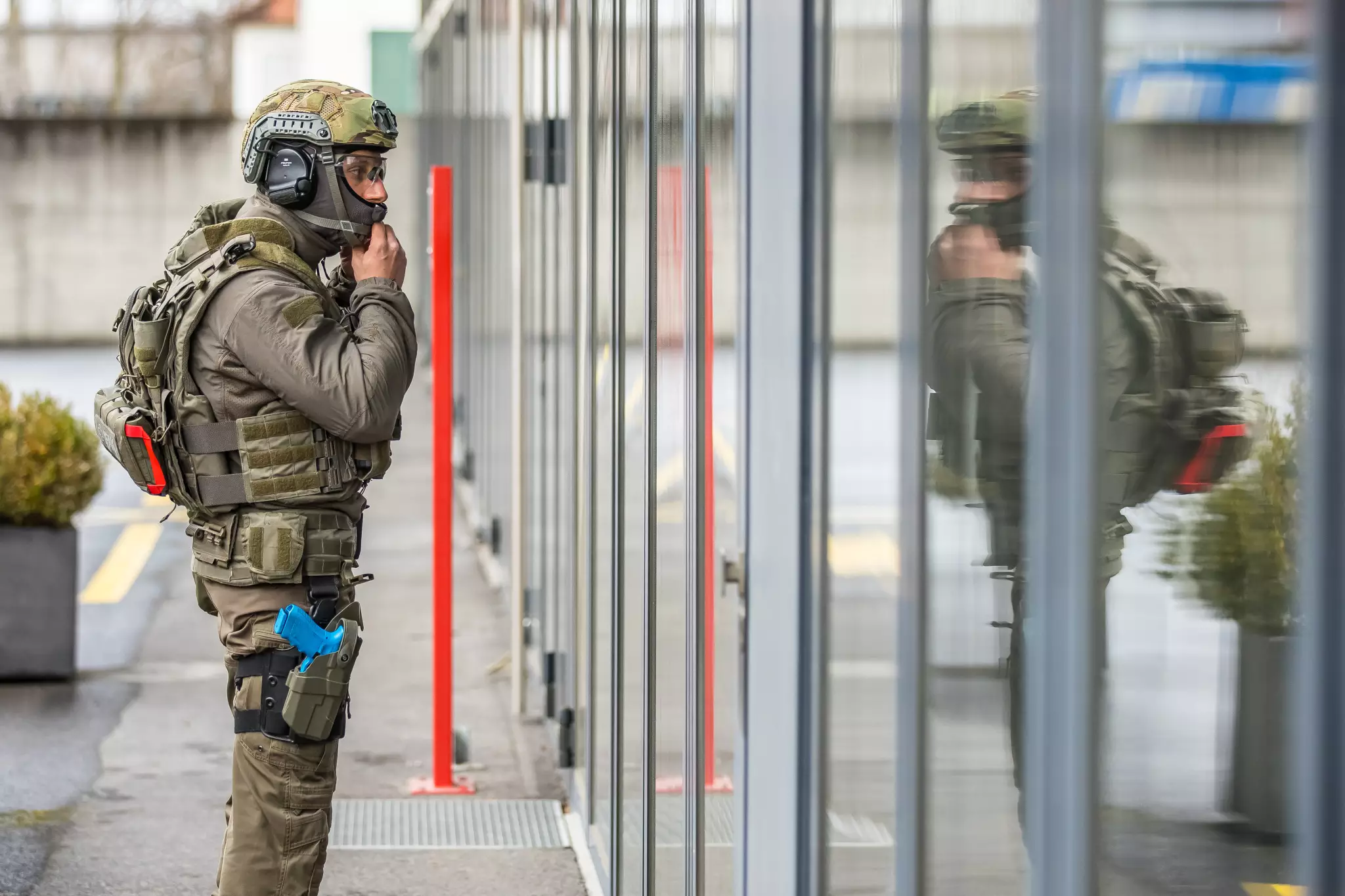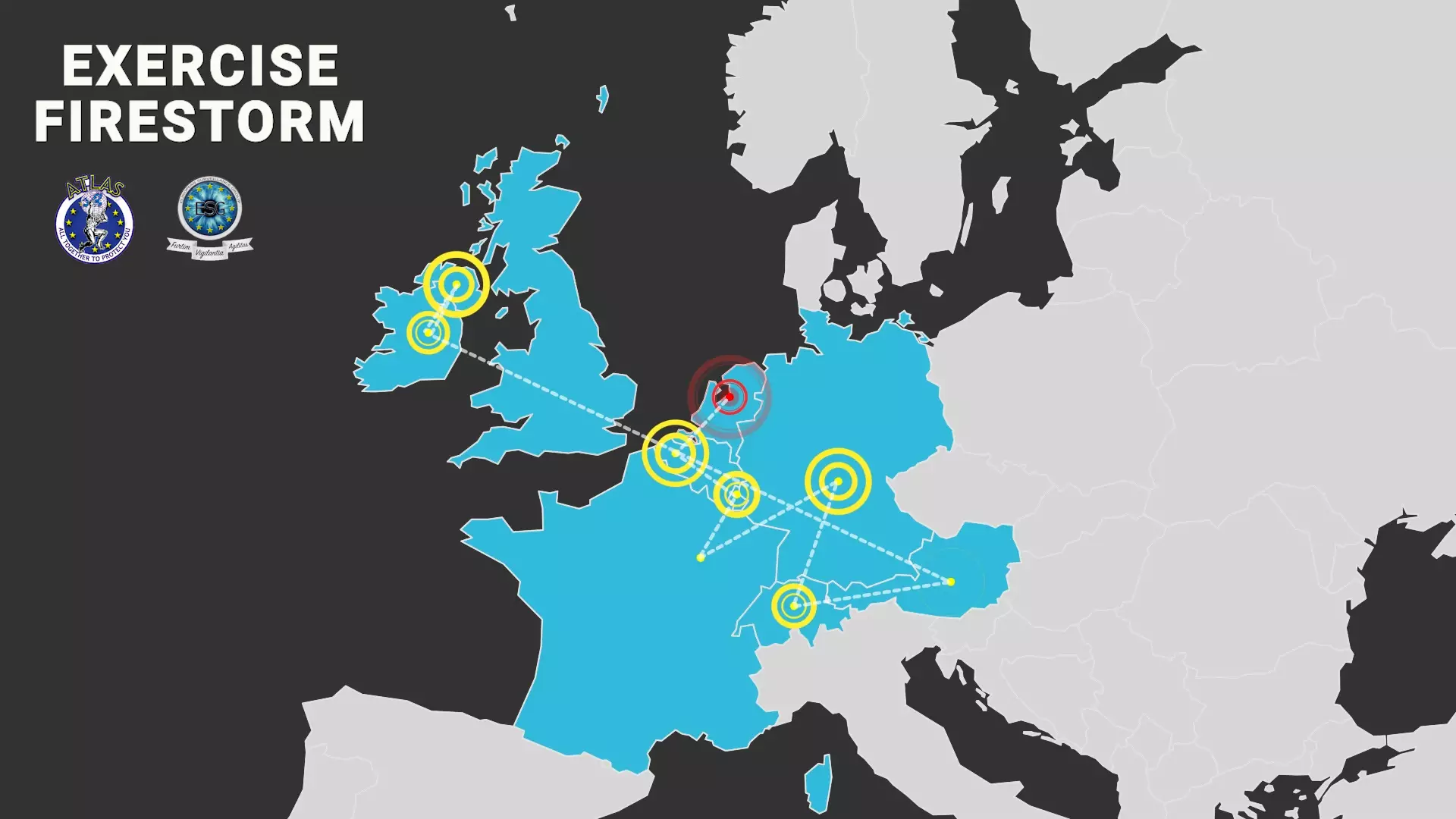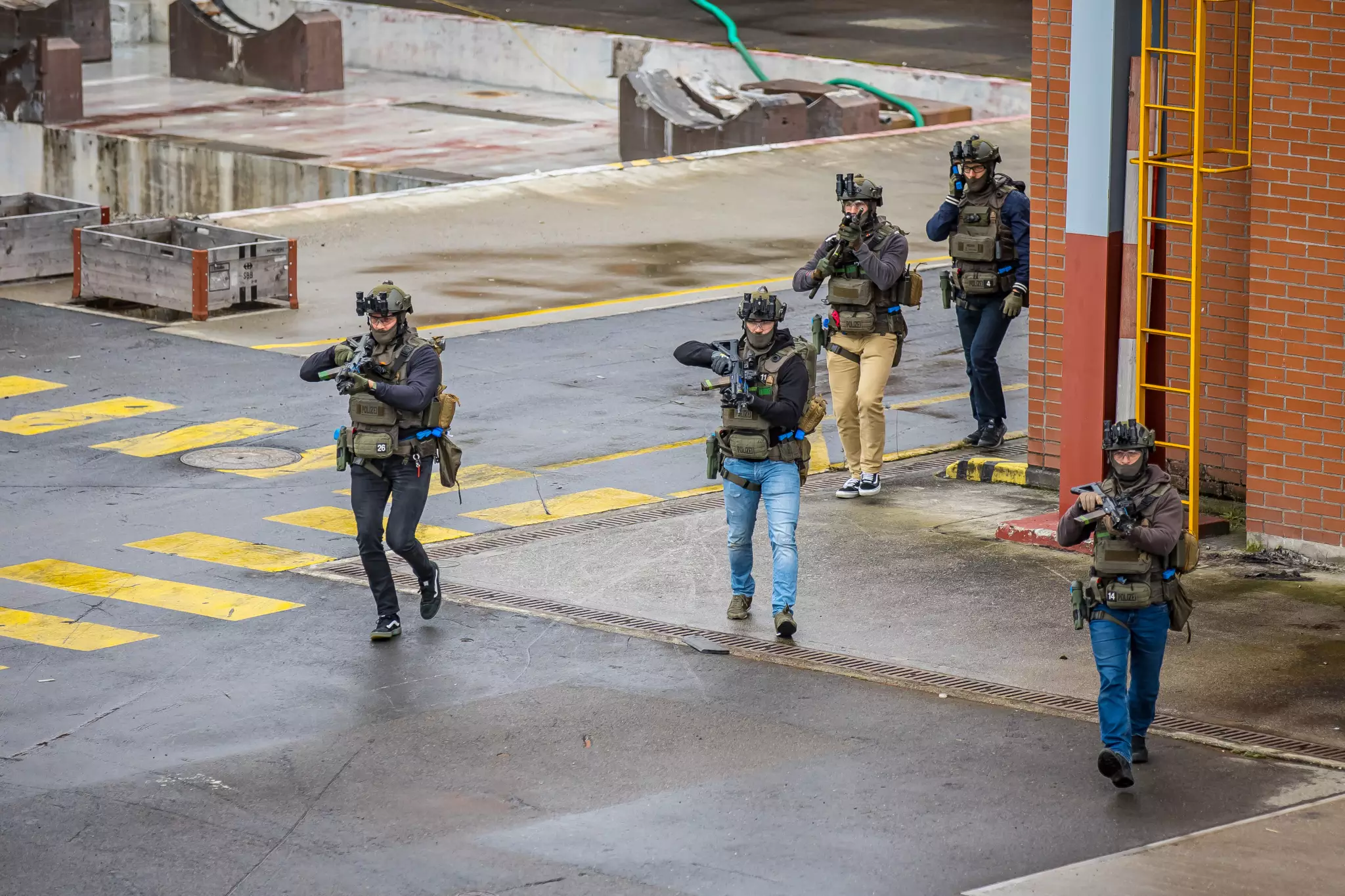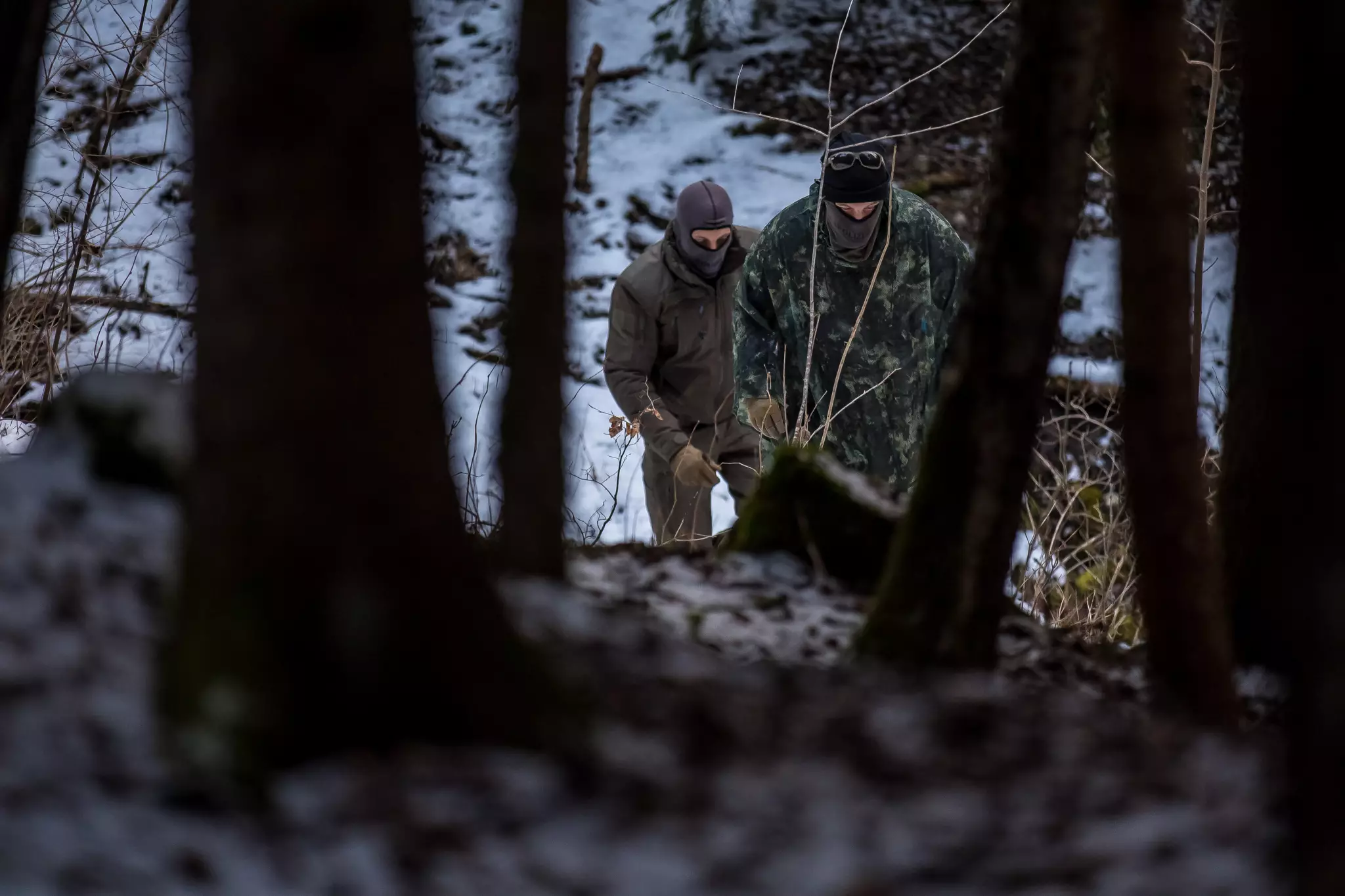Help support Cork Safety Alerts by becoming a member – Click Here
Between 6th and 9th March 2023, An Garda Síochána took part in a EUROPOL coordinated joint exercise of surveillance and intervention units across the EU.
The exercise, involved units connected with the ATLAS network and the European Surveillance Group, from Austria, Belgium, France, Germany, Ireland, Luxembourg, the Netherlands, Switzerland and the United Kingdom.
Units from An Garda Síochána attached to Garda National Crime and Security Intelligence Service including Special Tactics and Operations Command were integral parts of the exercise.
The coordinated exercise, executed in real-life conditions, started in Ireland and culminated with several simultaneous interventions in Luxembourg and Maastricht, the Netherlands.
Speaking about Operation FIRESTORM Assistant Commissioner Michael McElgunn, Garda National Crime and Security Intelligence Service said:
An Garda Síochána is committed to working with our International Partners in ensuring the safety of citizens here in Ireland and in Europe. Operation FIRESTORM demonstrates that An Garda Síochána has the capacity and capability to be engaged in policing and security activities at the highest level.
Assistant Commissioner McElgunn further highlighted that:
Live exercises, such as Operation FIRESTORM, are essential in ensuring Ireland and Europe’s readiness to respond to terrorist and criminal activity. An Garda Síochána will play its part in protecting domestic and international communities.
Europol Press Release
Between 6 and 9 March, Europol, together with the ATLAS network and the European Surveillance Group, coordinated a joint exercise of surveillance and intervention units across the EU. The exercise involved units from Austria, Belgium, France, Germany, Ireland, Luxembourg, the Netherlands, Switzerland and the United Kingdom. Executed in real-life conditions, the coordinated exercise started in Ireland and culminated with several simultaneous interventions in Luxembourg and Maastricht, the Netherlands.
Europol supports national authorities through operational coordination, cross-border investigations and establishing links between field actors. This is also Europol’s role in such exercises; helping Member States improve connections and build up common operational capabilities.

Surveillance and intervention units – the ones you (almost) never see
Terrorist plot foiled. Kidnapped child retrieved. These are the results, but how they are achieved is something that we (almost) never see. Can criminals and terrorists escape by crossing a border? Can a potentially dangerous suspect be tracked while travelling in another country to commit an attack?
Intervention and surveillance units are on the ground every day, sometimes 24/7. We almost never see them: this is a job well done. There is of course a challenge – special units from different countries have to cooperate closely, communicate swiftly, and coordinate all activities in real time. The use of common systems facilitates this coordination, permits joint exercises and – most importantly – builds operational networks that bring together specialised units from across the EU.
Tracking suspected terrorists across Europe
The exercise focused on a fictional terrorist plot. The scenario started in Ireland, from where two suspects took a plane to Austria. Surveillance teams from Ireland and Austria were then joined by counterparts from Belgium, France, Switzerland, Germany, and Luxembourg, who followed the targets across borders while gathering information about the individuals’ nefarious plans. This coordination and exchange of information led to the final assault, which took place in the Netherlands – fictional arrests of the two suspects for planning a terrorist attack. Coordinated from Europol’s headquarters, this exercise put all national teams in a real time situation. This was the first time the two networks had worked this closely together, successfully coordinating an operation across fifteen national borders.

The ATLAS network is a cooperation platform of 38 Special Intervention Units of EU Member States and associated countries, Iceland, Switzerland, Norway and the United Kingdom. The development of the EU security landscape in recent years has highlighted the need of well-trained and EU-wide interoperable Special Intervention Units to strengthen law enforcement responses in Europe. Europol has hosted the Support Office of the ATLAS network at its headquarters since 2019, in order to enhance that close cooperation.
The European Surveillance Group is a network of covert surveillance units from the EU Member States and associated countries Norway, UK and Switzerland. Europol has been supporting the network since its foundation in 2007.


